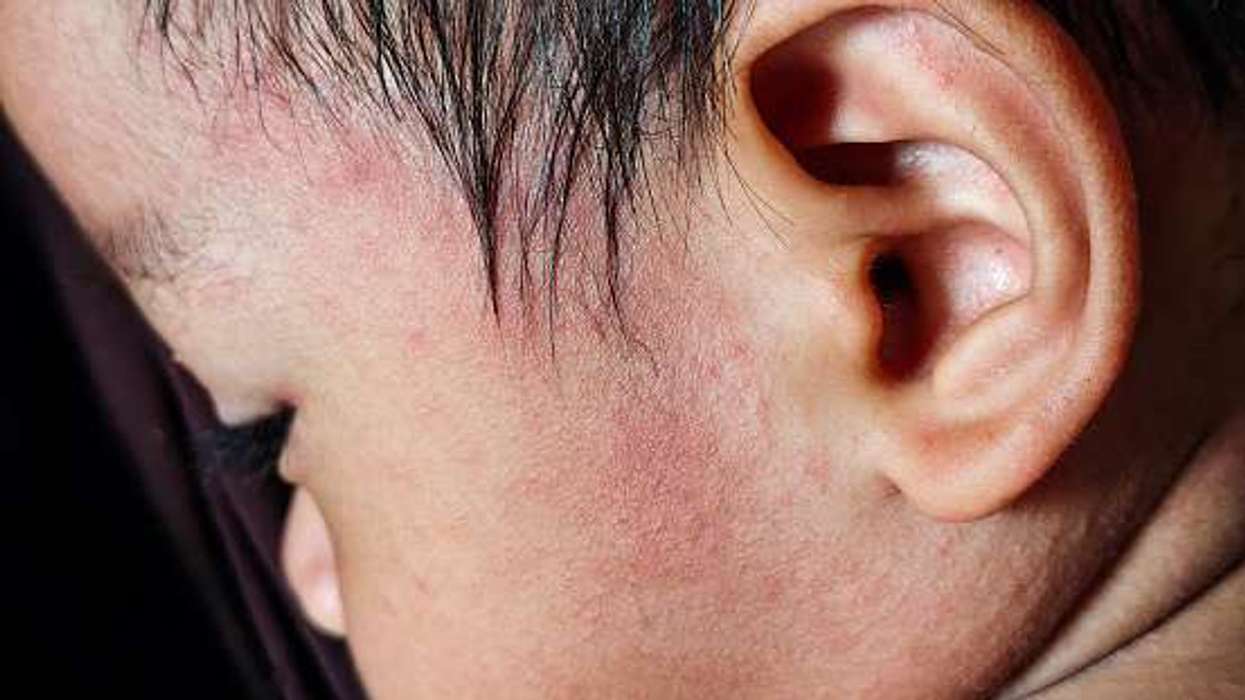Nearly 100 per cent of people tested positive for Covid-19 antibodies after their second dose of Pfizer or AstraZeneca vaccine, a joint study by Imperial College London and Ipsos MORI has revealed.
The report highlighted the importance of getting both doses for the best possible protection as restrictions are eased. The findings show vaccine uptake remained high in May.
Over 207,337 participants tested themselves at home using a finger prick test between 12 and 25 May 2021, tracking Covid-19 antibodies across England following either natural infection or vaccination.
More than 90 per cent of people aged over 65 tested positive for antibodies, rising to 95 per cent in those aged over 75 with 36 per cent of 18 to 24 year olds testing positive. At the time of the report, a quarter of respondents aged 18 to 24 said they had received one or 2 jabs compared to 99 per cent of those aged over 75.
Health secretary Sajid Javid said: "This is a testament to the very high level of protection the vaccine provides – with 46,000 hospitalisations prevented and 30,000 lives saved.
"I urge everyone to come forward for the vaccine, regardless of your race, religion or background. It could save your life and protect your loved ones, and getting the second jab will help us all return to doing the things we love."
Vaccines minister Nadhim Zahawi said: "Our vaccination programme is working and is severely weakening the link between cases, hospitalisations and deaths. We are continuing to make strong progress in boosting uptake for people living in deprived areas, as well as black and minority ethnic communities by working closely with faith and local leaders."
Professor Helen Ward, from Imperial College London, said: "Results of this very large study show the substantial impact of the vaccination programme on antibody positivity in adults. However, coverage of vaccines is uneven with people in some groups and areas less likely to have been vaccinated.
"It is concerning that people on low incomes, in deprived areas, some minority ethnic groups and in some public facing occupations such as hospitality, may remain relatively unprotected from future spread. We need to continue and intensify efforts to reach these groups with vaccination, and to ensure other protective measures are in place."
In total, 34,997,491 million people in the UK have now received both doses of vaccine, and the government remains on track to offer a first dose to all over 18 year olds by 19 July.











